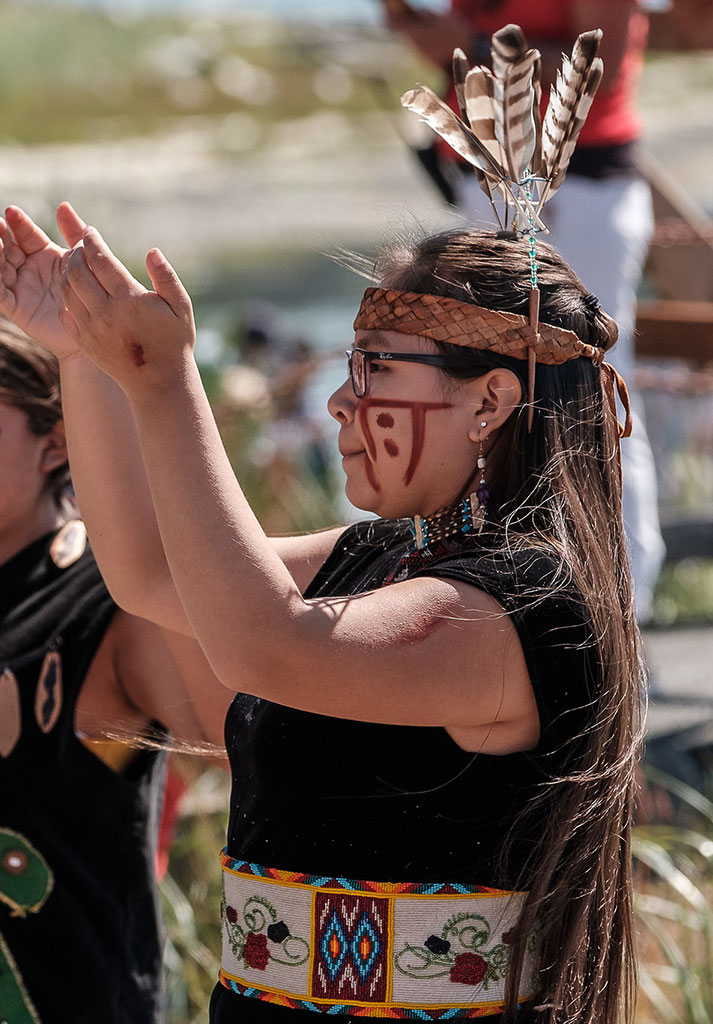Our research priorities
To address systemic racism, first we need to know where it is happening.
Research priorities for 2023 to 2025
The research priorities were developed in collaboration with the Anti-Racism Data Committee and Indigenous Peoples. This includes BC First Nations and Métis Nation BC.
Under the Anti-Racism Data Act, we must release research priorities every two years. These priorities will keep us focused on the areas that matter most to Indigenous Peoples and other racialized communities.
Our work isn’t limited to these research priorities. We’ll continue to address systemic racism in all our programs and services.
On May 30 2024, we released updates on our anti-racism research priorities relating to:
- Racial diversity in the BC Public Service
- Education
- Health

Sector-based research priorities from Indigenous Peoples
- Health outcomes for Indigenous Peoples to understand experiences from an intersectional and holistic perspective
- Education outcomes for First Nations, Métis, and Inuit students from kindergarten to grade 12 to understand experiences, including their access to and use of available supports
- Social determinants of safety from a holistic lens and fill related data gaps
Additional Indigenous priorities
Indigenous Peoples also identified two other priorities that focus on how we will support Indigenous data sovereignty and conduct research:
- Commitment to 3.14 of the Declaration Act Action Plan
“Advance the collection and use of disaggregated demographic data, guided by a distinctions-based approach to Indigenous data sovereignty and self-determination, including supporting the establishment of a First Nations-governed and mandated regional data governance centre in alignment with the First Nations Data Governance Strategy”
- Research will be conducted using a distinctions-based approach that acknowledges, respects and upholds the distinct rights of First Nations, Métis and Inuit peoples
Research priorities from the Anti-Racism Data Committee
The Anti-Racism Data Committee recommended seven priority areas:
- Racial diversity within the BC Public Service and equity in hiring and career development
- Interactions with the justice system and analysis of ‘complaints’ model
- Health outcomes, building upon the health system performance framework to understand how the system is performing for different demographic groups
- Understanding how students across demographic groups access and use education supports and their outcomes (from early childhood through to post-secondary education)
- Children, youth, and family wellness in home and away from home
- Economic inclusion, including analysis of unpaid work and foreign credential recognition
- Homelessness, housing supply and security

Did you know?
These topics will guide our approach to addressing systemic racism over the coming years.
We invited all B.C. First Nations and Métis Nation British Columbia to help develop the research priorities. Continue reading to learn more about how these were developed in partnership.
